The Fourth Trimester - Postpartum healing with Traditional Practices meets Evidence based Practice.
Only recently in the Western world have we had a greater awareness of postpartum care of the mother, though postpartum healing has always taken place across different cultures.
We tend to think only of the baby in the fourth trimester, we want to see the bub, cuddle and hold the bub and visit the bub but mama doesn’t always get the same attention. Post birth, there is a LOT going on for mum - hormones are going bonkers - whilst pregnancy offers a total high of progesterone and oestrogen, which offer the pleasant side effect of increased serotonin and dopamine - post birth sees a sudden drop in these hormones, and instead a rise in the hormones that contribute to milk supply and bonding with your baby - prolactin & oxytocin. Rollercoaster of emotions right?! Now add on sleep deprivation, cluster feeding, and having a tiny human to care for as well as yourself.
In traditional cultures there have been many postpartum healing practices passed down over generations including belly binding, confinement (mama or baby not leaving the house for the first 28-40 days), support from elder women, massage, and a diet abundant in warming foods. There are many other practices but these particular ones mentioned have the commonality of being mentioned across cultures, these practices are seen in postpartum care in traditional medicine from South Africa, India, China, and Central America.
Confinement Period
In Traditional Chinese Medicine (TCM), the confinement period is 40 days, in Ayurvedic Medicine also, and in Mexico La Cuarentena refers to the rest recovery period and sexual abstinence of 40 days after birth. I think that’s pretty incredible that different cultures have ancient traditions that are relatively the same in practice, and for a similar purpose: to nourish the new mother, so she can avoid depletion later in life and care for the new life she has birthed.
Rest, rest, rest
The main theme across traditional postpartum healing - rest. It was common for mothers to move in with family, or family members would move in to help with household cleaning, cooking etc while mama focuses on herself, on getting a feeding ritual, and outside visitors are limited to avoid infection for the new mum and bub. Here, Western Medicine agrees, asking family members to be vaccinated before seeing a new baby is common, and if choosing not to vaccinate, to wait 6 weeks to see the new bub. Some mothers want to get out of the house and that is totally up to you - but a new mum shouldn’t be expected to host a meet and greet when she is herself healing from a transformational experience of giving birth. As a friend of a new mother, offer to cook for her rather than come solely to “see the baby”.
Restore energy and digestion with warming foods
In TCM, popular postpartum foods include ginger, chicken feet soups, and foods high in protein whilst an avoidance of cold foods, raw foods and oily foods is recommended.
In Ayurveda, warm, soft foods like kitchari, dahl, bone broth are recommended as well as herbs and spices that promote warmth like black pepper and ginger.
Amongst Muslim women, the postpartum diet encourages only warm food and drinks, and discourages any raw foods, and foods that are oily or greasy, so you can notice a similar pattern across cultures of this postpartum diet: warming, nourishing, high in protein and essential nutrients and nourishing the feminine ‘yin’ energy in the new mother.
From an evidenced based perspective, there is no harm in recommending whole foods cooked with anti-inflammatory herbs and spices such as used in Ayurveda and TCM - nor is there harm in providing meals high in protein and rich in nutrients since pregnancy and breastfeeding is depleting for most women. As for raw foods, there is no evidence to suggest fresh fruits and vegetables are damaging to anyone’s immune system, the added fibre would in fact provide soft, easy to pass bowel motions and it would provide many immune boosting antioxidants and vitamins.
In some of these cultures, breastfeeding is delayed as the use of colostrum is seen as indigestible, or somehow bad for the baby, when science can tell us in fact colostrum is liquid gold for your new bubba, a golden latte of immunity that should absolutely not go to waste!
What we can take from these ancient practices is the need to rest post birth, allow healing from birth trauma that may have taken place, and allow new parents to get used to their baby, for mums a new body, circulating hormones etc without constant visitors. We can take from them the sense of community care, as the saying goes “it takes a village to raise a child”, be a part of the village by helping new parents, giving them space to emerge transformed by this new life, bringing food offerings or even offering to watch the baby while their parent has a long shower or bath. Finally, these ancient traditional healing practices all centre their postpartum diet around nourishing whole foods, cooked with love & full of healing nutrients - a warming thai ginger bone broth, a grounding roasted vegetable salad, these are foods we can offer new parents as they navigate their new routine.
If you would like to know more about postpartum meal plans based on traditional medicine & evidence based practice, contact Ellie via the contact box below.
